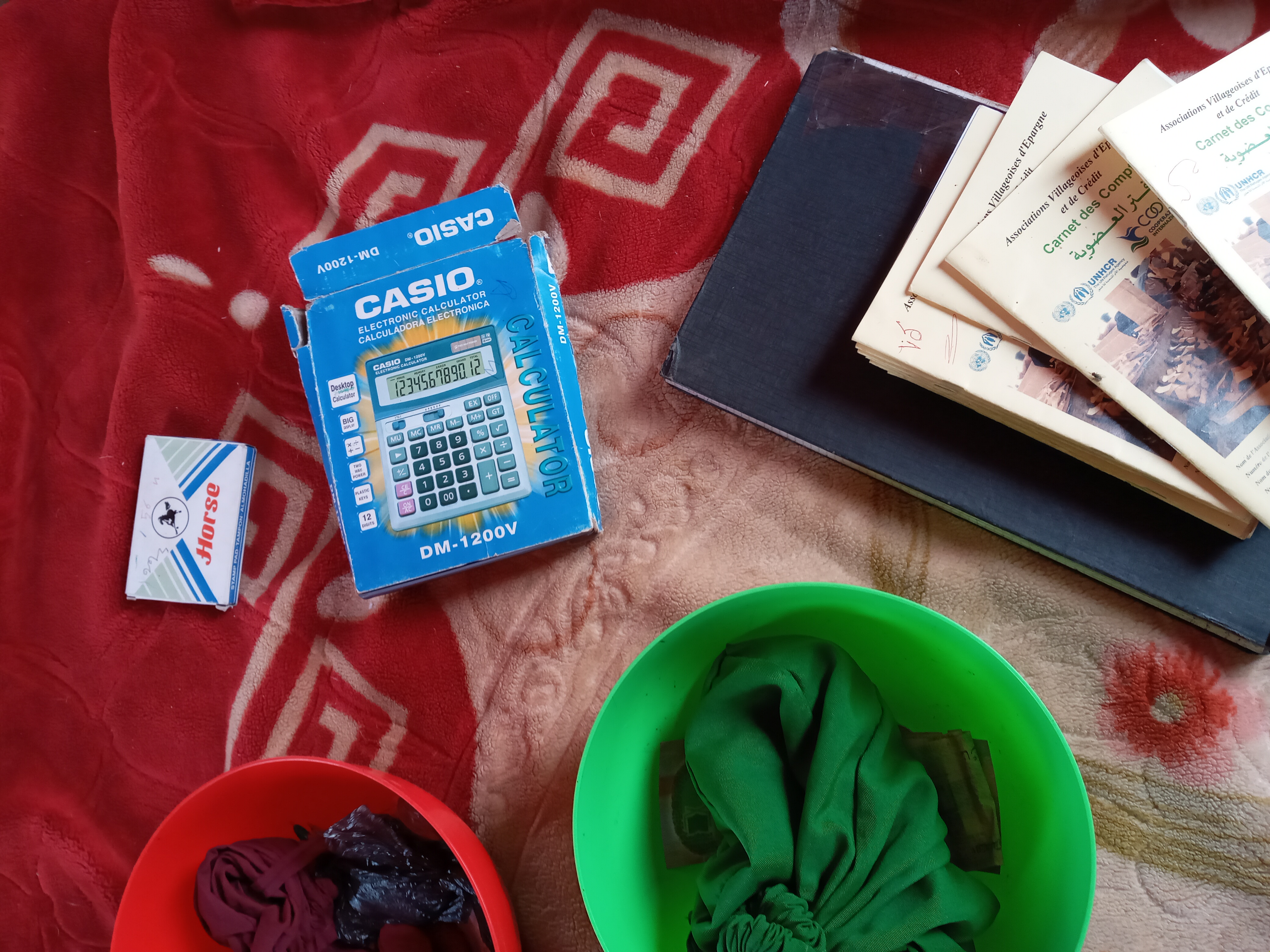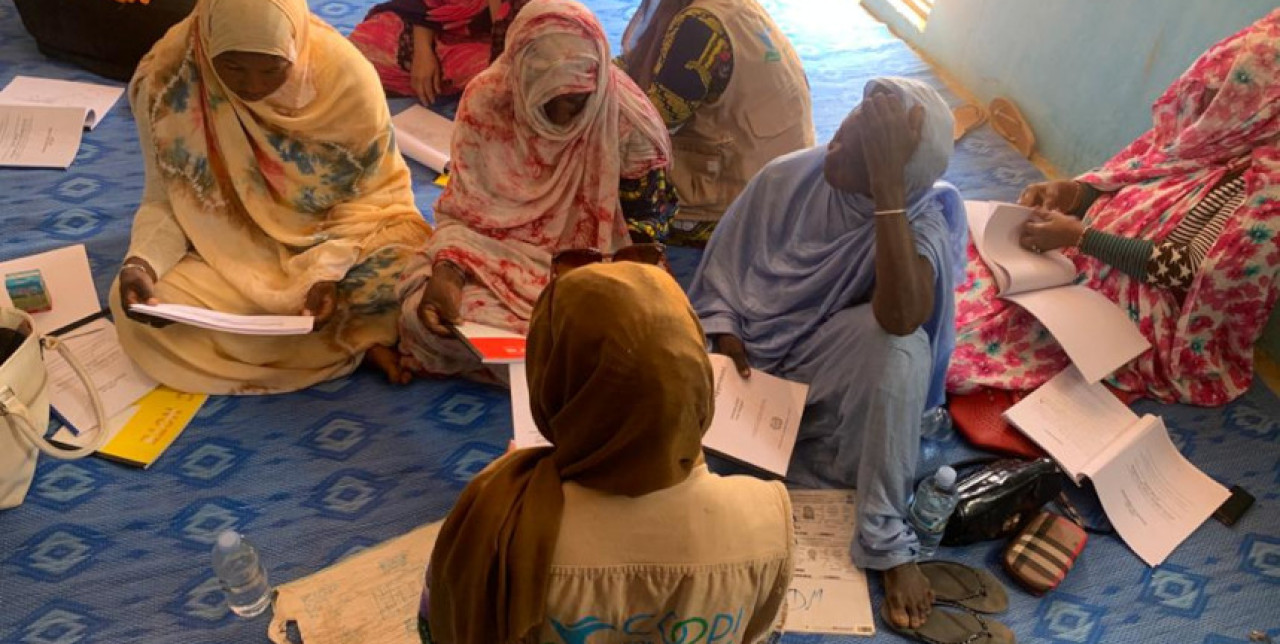02-11-2021 | di COOPI
Mauritania. Microfinance for refugees: "To give autonomy and responsibility"
In Mauritania, since January 2021, COOPI has been working on the development of sustainable Income Generating Activities (IGA) for Malian refugee populations through accompaniment and advisory support by the "Assistance Project for Malian Refugees in Mauritania - Year 2021", funded by UNHCR.
Within the framework of this project, COOPI is committed to strengthening the empowerment and economic inclusion of refugee populations in the M'Bera camp in the Moughataas of Bassikounou . The value chains prioritised in this process are those that had been identified following the study of them at the local level, undertaken jointly by UNHCR and WFP in April 2018, prior to COOPI's arrival. They include leather and hide, live cattle, milk production, etc. However, other specific activities are increasingly in demand by the population and they have been taken into account by the staff during the monitoring of these IGAs: soap making, baking and catering. COOPI will take into account in its future interventions.

From 22 March to 2 April 2021, COOPI facilitated capacity building for representatives of 50 former IGAs, including 29 women and 21 men who had been assisted by World Vision in 2018. Support through "cash in hand" by UNHCR followed after the training based on micro-projects proposed during the training with the support of COOPI staff.
In order to effectively empower IGA beneficiaries, COOPI has created resilience funds to meet the need for access to financial services (savings and credit) and to support the growth of the resulting IGAs. In detail, through this means, activities can have the opportunity to develop savings groups, in fact, COOPI has supported 20 savings groups of 15-25 people, providing them with the necessary training and credit funds. Management tools such as notebooks, calculators, registers, etc. were made available to each savings group.
In 2020, the results of these savings groups were positive: the funds of 1,600,000 MRU in 2019, are now estimated at 1,948,245 MRU with activities continuing to function in a successful way. The partnership with the DJIKKE microfinance institution can provide positive prospects to the savings group: they include opening accounts and transferring their funds once a pre-determined threshold is reached to benefit from them. These are also aimed at enabling refugees to maintain relationships that allow them to access all MFI services independently.




 Mauritania
Mauritania